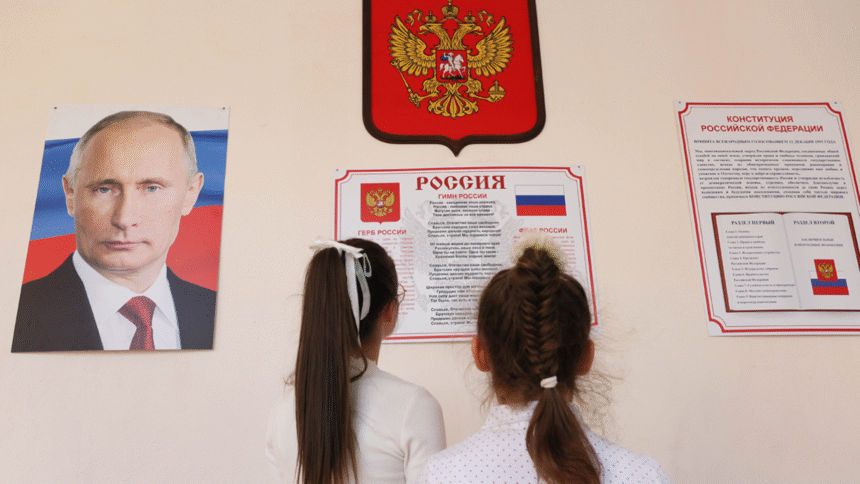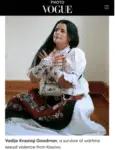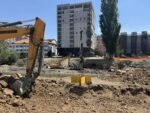July 8, 2025 – Kyiv/Moscow
As Russia prepares for the new academic year, authorities in Moscow are expected to implement a sweeping policy eliminating Ukrainian language instruction in all primary and secondary schools across occupied southern and eastern Ukraine. The directive, issued by Russia’s Ministry of Education, cites “changes in the global geopolitical landscape” as justification for removing the Ukrainian language from school curricula—an act Kyiv denounces as a deliberate attempt to erase national identity.
Since the onset of the conflict in Donbas in 2014, and particularly following Russia’s full-scale invasion of Ukraine in February 2022, Russian President Vladimir Putin has claimed his actions are meant to “protect Russian speakers” in Ukraine. However, human rights groups, education experts, and Ukrainian officials argue that Moscow’s actions amount to cultural repression and forced assimilation.
“This is not about reflecting geopolitical changes—it’s about enforcing them,” said Stanislav Fedorchuk, chairman of the Popular Council of Donetsk and Luhansk. “Russia is severing the cultural lifeline of Ukrainians living under occupation.”
The new measure, set to take effect on September 1, would apply across roughly one-fifth of Ukrainian territory currently under Russian occupation, including the regions of Kherson, Zaporizhzhia, Donetsk, and Luhansk, as well as Crimea, annexed in 2014. Though the Russian government claims the language can still be taught “outside regular school hours,” human rights monitors report that any efforts to teach or learn Ukrainian—either in person or online—can result in threats, punishment, or surveillance.
A former student from occupied Donbas, 18-year-old Olya, now attending university in government-controlled Ukraine, described the systematic erasure: “Ukrainian language and literature were merged into one subject, taught maybe once a week, and by 2020, they simply removed it from the schedule.”
Russia’s curriculum in occupied areas now includes textbooks that frame Ukraine’s government as “neo-Nazi” and attempt to justify Moscow’s military invasion. Teachers refusing to cooperate have reportedly faced harassment, detention, and even torture, according to Human Rights Watch.
Moscow has also been accused of militarizing the education system, recruiting students into pro-Russian paramilitary groups. “In this process, there is no room for the Ukrainian language—or anything Ukrainian,” Fedorchuk warned.
Despite repressive measures, around 44,000 of the approximately 600,000 school-aged children in occupied Ukraine continue to participate in distance learning provided by Ukrainian institutions, according to the Kyiv-based Almenda Center, an NGO monitoring the rights of children during war.
International human rights organizations have condemned Russia’s educational policies in Ukraine as violations of international law, including the UN Convention on the Rights of the Child, which guarantees the right to education in a child’s native language and cultural context.
As Russia deepens its grip over occupied Ukrainian territory, Ukrainian language, history, and identity are increasingly under siege—turning classrooms into another front in the war for Ukraine’s sovereignty.







